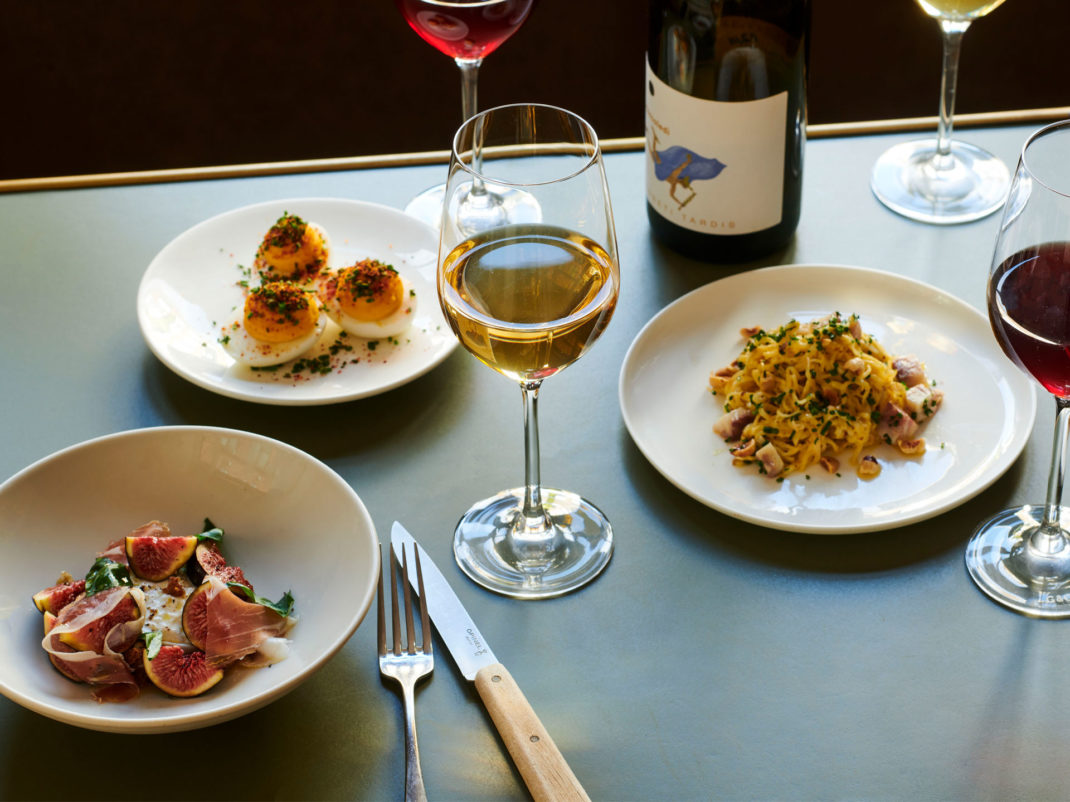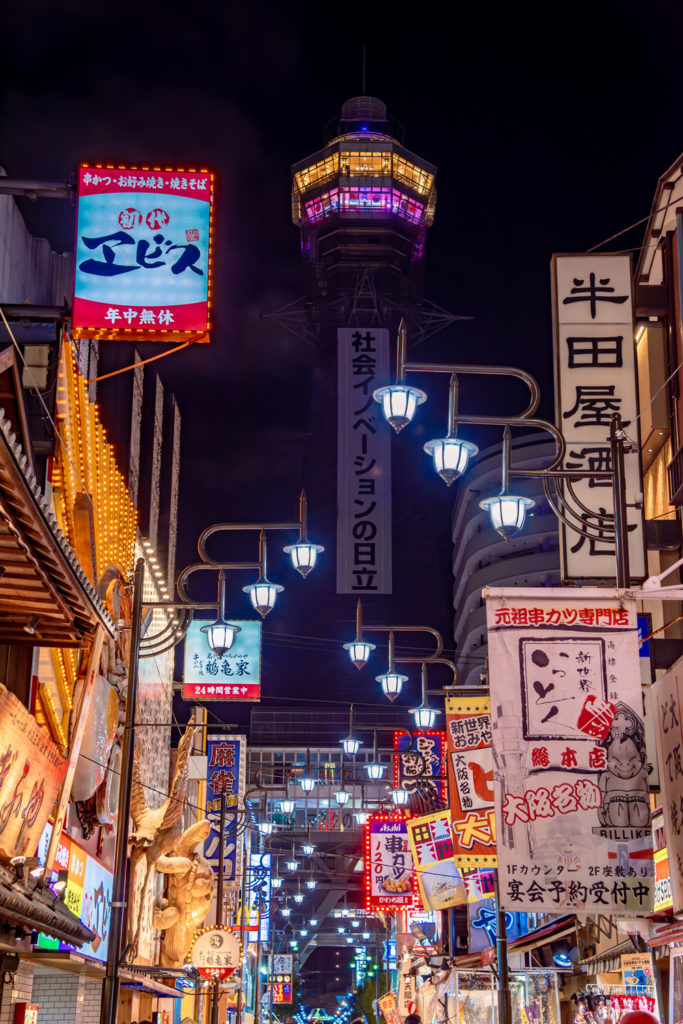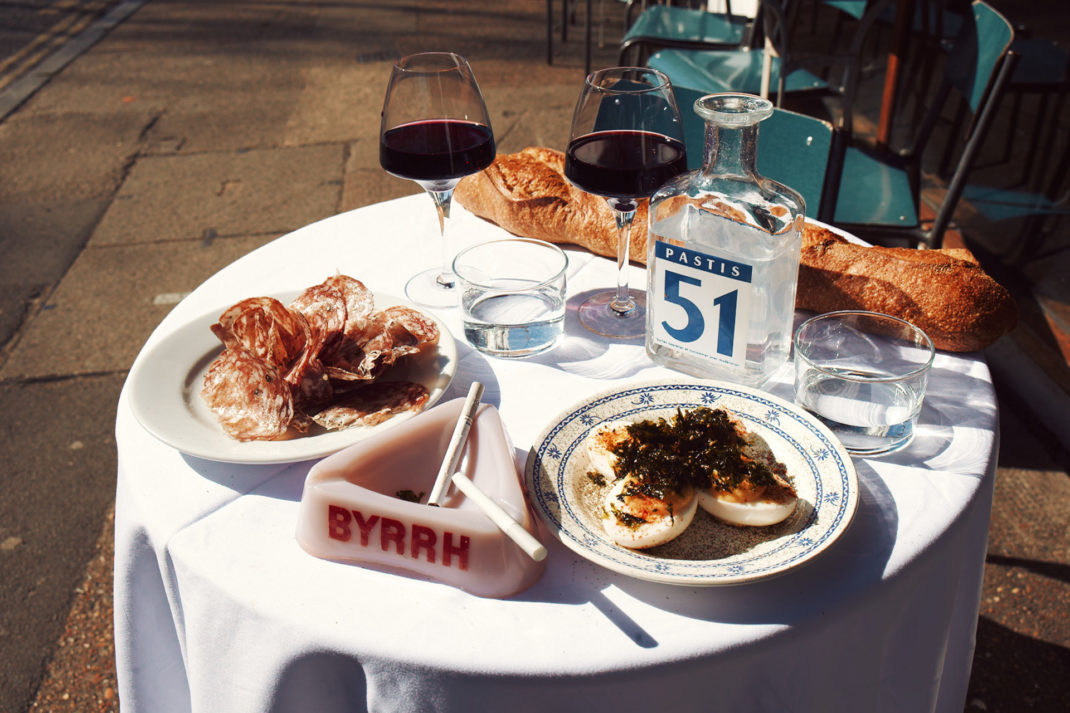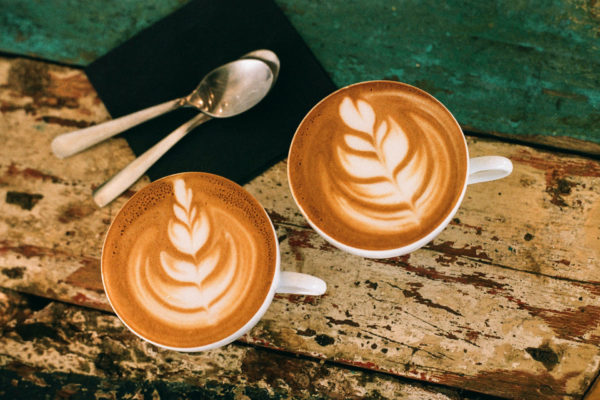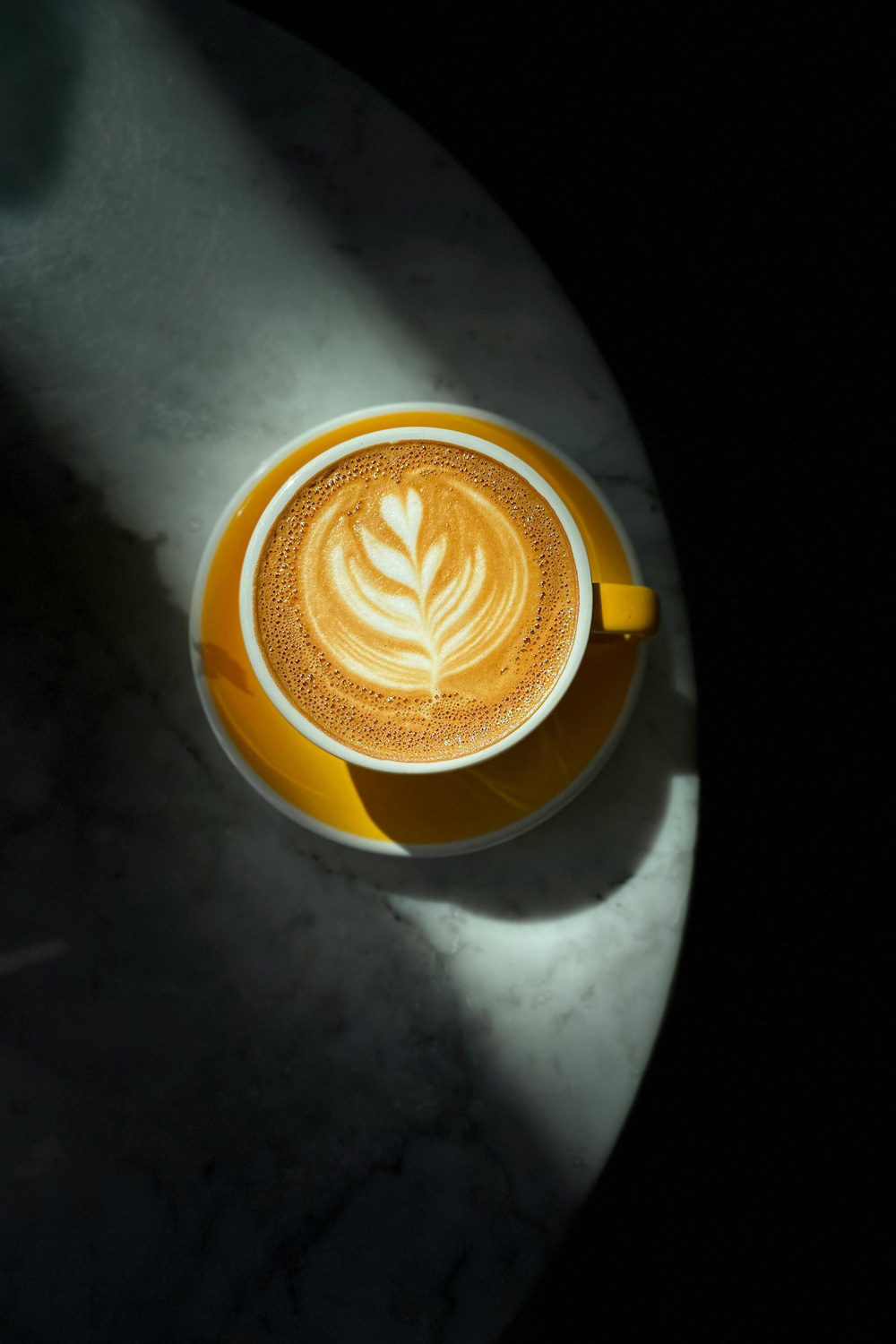
Why Are Coffee Prices At Record High?
By
4 months ago
Bad weather conditions are driving up costs globally
Life could be about to get even more expensive for lovers of a morning latte, as coffee prices have soared to a record high. On Tuesday, the price of arabica beans – which make up about 60 percent of the world’s production – topped $3.44 (£2.70) a pound, having jumped more than 80 percent this year. The cost of robusta beans, too, reached a new high in September. So what’s behind the surge?
The Price Of Coffee Is Higher Than Ever – Here’s Why
As is so often the case with rising costs of food and drink commodities, the recent surge in coffee bean prices is all down to the weather. Two of the world’s biggest producers, Vietnam and Brazil, were hit by a bout of bad weather earlier this year, which affected production and ultimately costs.
Vietnam, renowned for producing the robusta bean, suffered from dryness during the growing period and heavy rain at the beginning of the harvest, leading to a reduction in production. Consequently, this led to a rise in pricing, meaning the robusta bean became almost the same as arabica, which is typically more expensive.
As a result, many coffee companies switched to arabica beans, which drove up demand and ended up triggering a price rise for those, too. Brazil – the world’s largest producer of arabica beans – also suffered a dry spell earlier this year, which is further exacerbating the problem.
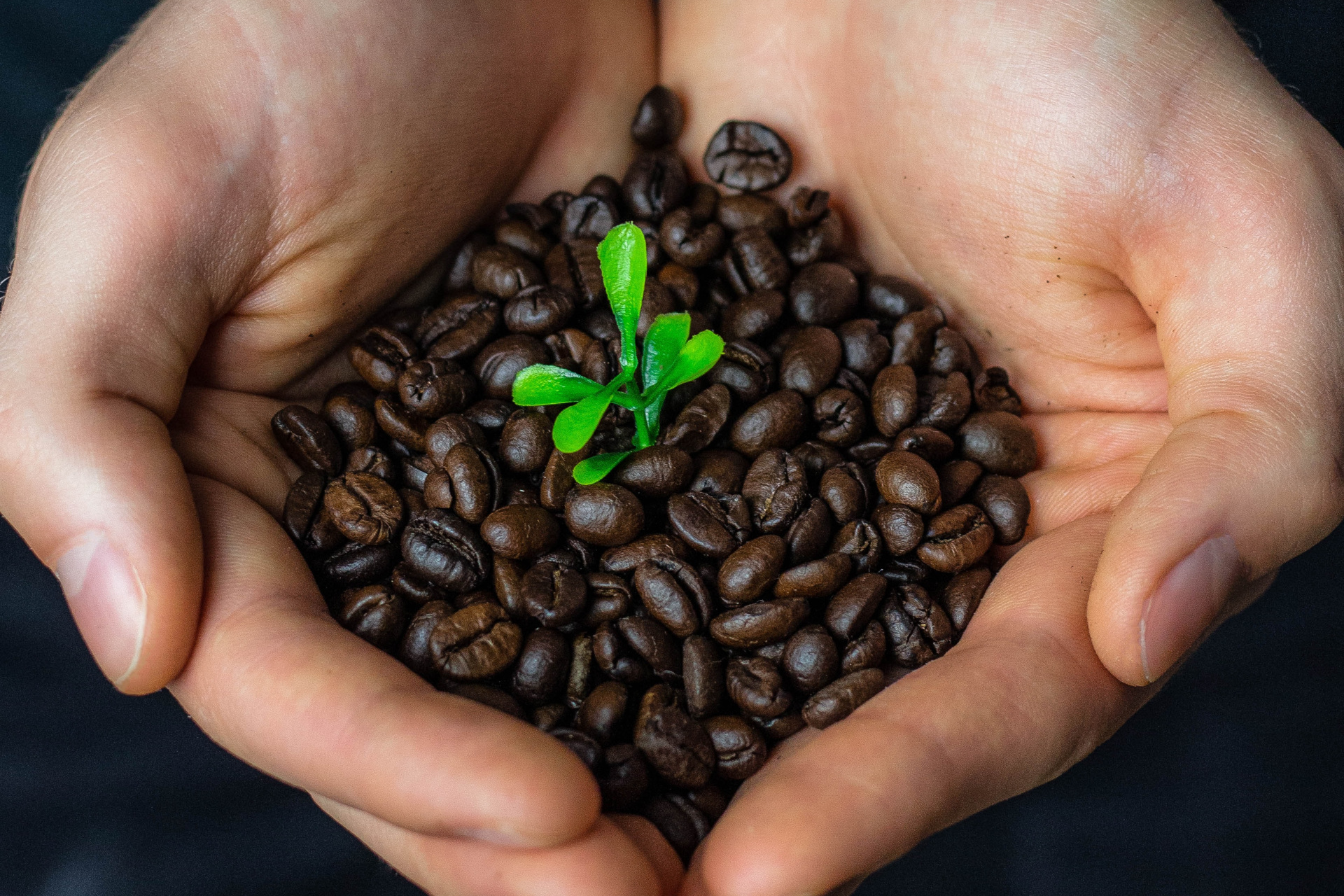
(c) Niclas Illg, Unsplash
Will Coffee Prices Continue To Rise?
Soon, coffee drinkers may feel the squeeze themselves – both when buying from cafes and brewing from home. Vinh Nguyen, the chief executive of Tuan Loc Commodities, told the BBC: ‘Brands like JDE Peet (the owner of the Douwe Egberts brand), Nestlé and all that, have [previously] taken the hit from higher raw material prices to themselves. But right now they are almost at a tipping point. A lot of them are mulling a price increase in supermarkets in [the first quarter] of 2025.’
Italian coffee brand Lavazza, meanwhile, said: ‘Quality is paramount for us and has always been the cornerstone of our contract of trust with consumers. For us, this means continuing to tackle very high costs. So, we have been forced to adjust prices.’
Coffee prices have been steadily rising for the past five years or so. At the start of 2019, a cappuccino in Pret a Manger was just £2.45 – now the same drink costs a hefty £4.05, an increase of 65 percent. This is slightly higher than the national average: according to the Office for National Statistics, the average restaurant cup of coffee comes in at £3.24, a five percent increase from last year.
However, not everyone thinks the prices are bad. Will Corby, director of coffee and social impact at supplier Pact Coffee, told The Grocer that coffee beans had been ‘sold for far too cheap from its countries of origin to the West for far too long’. He added: ‘Huge coffee companies might say that these market highs are bad news, but in reality, farmers are finally being paid enough to live on.’

